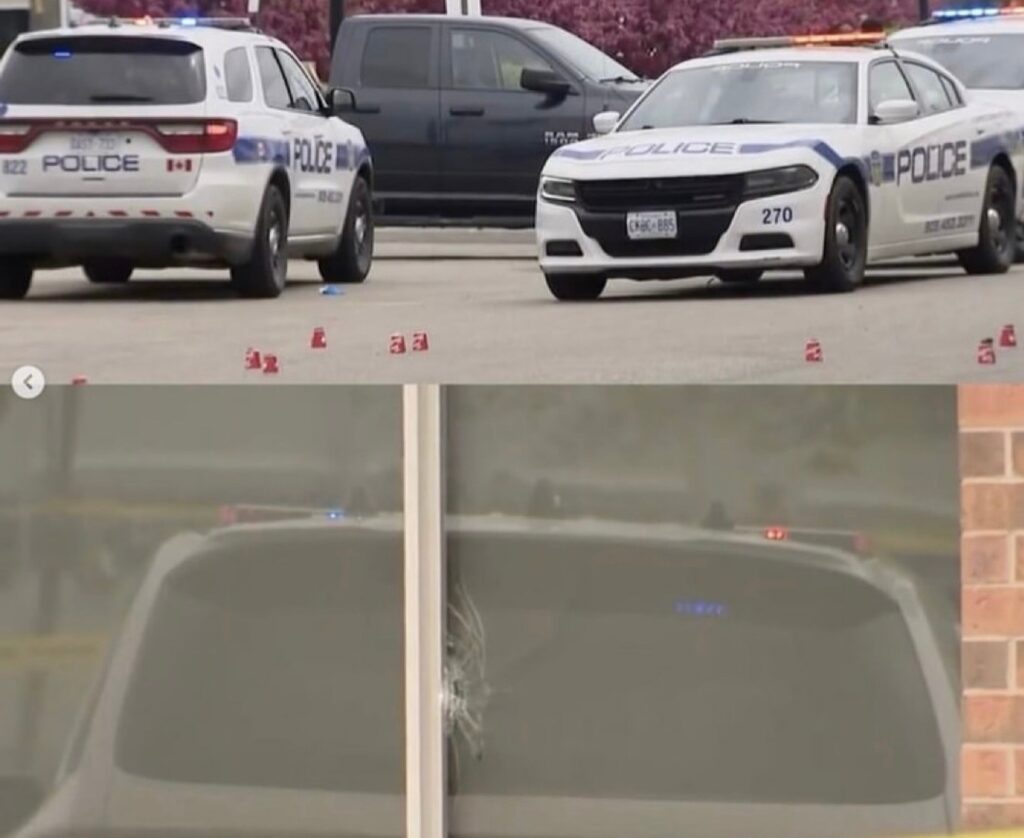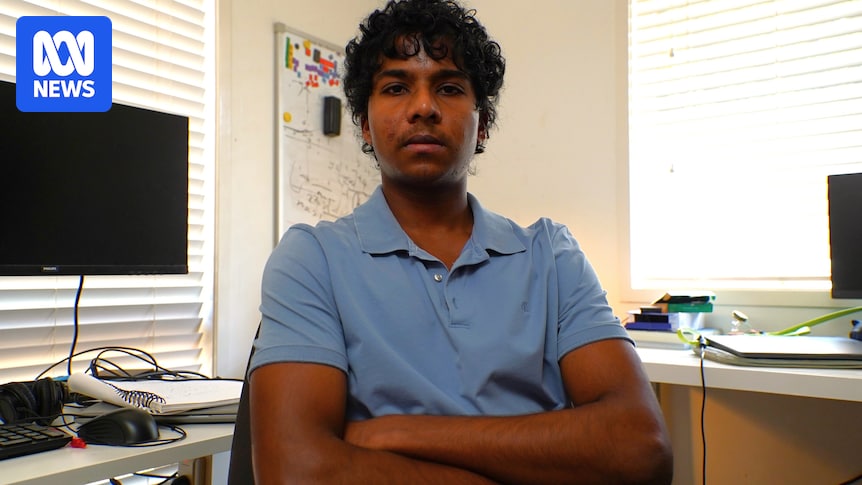
The call to designate India’s Bishnoi gang as a terrorist organization is gaining momentum in Canada following a series of violent incidents targeting the South Asian community. The gang, accused by Canadian officials of operating with Indian backing, has openly claimed responsibility for several murders, sparking a national debate on how to address this growing threat.
On a chilly morning in May, Harjit Singh Dhadda, a 51-year-old businessman, was shot dead in the parking lot of his office in Mississauga, Ontario. The murder was quickly claimed by members of the Bishnoi gang in a Facebook post, thrusting the gang into the spotlight and prompting calls for action from Canadian political leaders.
In the weeks following Harjit’s murder, similar incidents occurred, including the shootings of two other Indian-origin businessmen in British Columbia and Ontario. These attacks have led to increased pressure on the Canadian government to classify the Bishnoi gang as a terrorist entity, a move that would significantly enhance law enforcement’s ability to combat the group.
Political and Public Pressure for Action
The push to label the Bishnoi gang a terrorist group has been championed by several Canadian political figures. British Columbia’s Premier David Eby stated that such a designation would provide police with essential tools to investigate and dismantle the gang’s operations. Alberta’s Premier Daniel Smith echoed this sentiment, emphasizing the need for enhanced law enforcement capabilities to protect Canadian citizens.
Alberta’s Public Safety Minister Mike Ellis highlighted credible intelligence linking the Bishnoi gang to extortion and targeted violence across Canada. “The gang originates from India, and ongoing investigations are examining why they are specifically targeting the South Asian community,” Ellis noted.
Ruby Sahota, Canada’s Secretary of State for Combating Crime, indicated that the federal government is considering these demands. “Public safety must come first, and if a group meets the criteria, it should be listed without delay,” she stated.
Implications of a Terrorist Designation
Designating the Bishnoi gang as a terrorist organization would have far-reaching implications. According to Amarnath Amarasingam, an extremism researcher at Queen’s University, such a move would broaden law enforcement powers, allowing for terrorism-related charges, asset seizures, and increased surveillance.
“A terrorist designation would send a strong signal to India and other allies that Canada is taking the transnational threat seriously,” Amarasingam told Al Jazeera.
However, Amarasingam cautioned that using terrorism powers against a group without clear political or ideological motives could set a dangerous precedent. “It could weaken the credibility of Canada’s listing process and open the door for future political misuse,” he warned.
International and Diplomatic Tensions
The Bishnoi gang’s activities have also strained diplomatic relations between Canada and India. Canadian officials have accused the gang of acting on behalf of Indian intelligence to target critics of the Indian government abroad. These allegations have been vehemently denied by New Delhi, which has accused Canada of failing to extradite gang members wanted in India.
The murder of Sikh separatist Hardeep Singh Nijjar in 2023 further exacerbated tensions, with then-Prime Minister Justin Trudeau accusing Indian diplomats of espionage. India, in turn, has demanded the extradition of Bishnoi gang members, claiming Canada has not acted on its requests.
The Bishnoi Gang’s Rise to Power
The Bishnoi gang, led by Lawrence Bishnoi, has become one of India’s most notorious criminal syndicates. Despite being imprisoned, Bishnoi is believed to control a vast network of operatives responsible for murders and extortion worldwide. The gang gained international notoriety in 2022 with the murder of Punjabi singer Sidhu Moosewala, allegedly orchestrated from Canada.
Ajai Sahni, executive director of the New Delhi Institute for Conflict Management, noted the challenges of tracking transnational gangs. “Any incident executed in India can be claimed by Bishnoi gang members in Canada or the US through unverifiable social media accounts,” he explained.
“There is a very thin line between organized crime and terrorism. These networks can be exploited for terrorist activities at any time, anywhere in the world,” said Gurmeet Singh Chauhan, deputy inspector general of the Anti-Gangster Task Force in Punjab.
Community Impact and Future Steps
The South Asian community in Canada, particularly in areas like Surrey and Brampton, is grappling with fear and insecurity. Satish Kumar, a businessman in Surrey, described living under constant threat from the Bishnoi gang, which has demanded extortion money and targeted his properties.
As the debate over the Bishnoi gang’s designation continues, community members are calling for more robust safety measures and increased police presence. The Canadian government faces the challenge of balancing national security concerns with diplomatic relations and civil liberties.
As the situation unfolds, the question remains whether Canada will take the unprecedented step of labeling the Bishnoi gang a terrorist organization, potentially setting a new standard for addressing transnational crime in the modern era.







